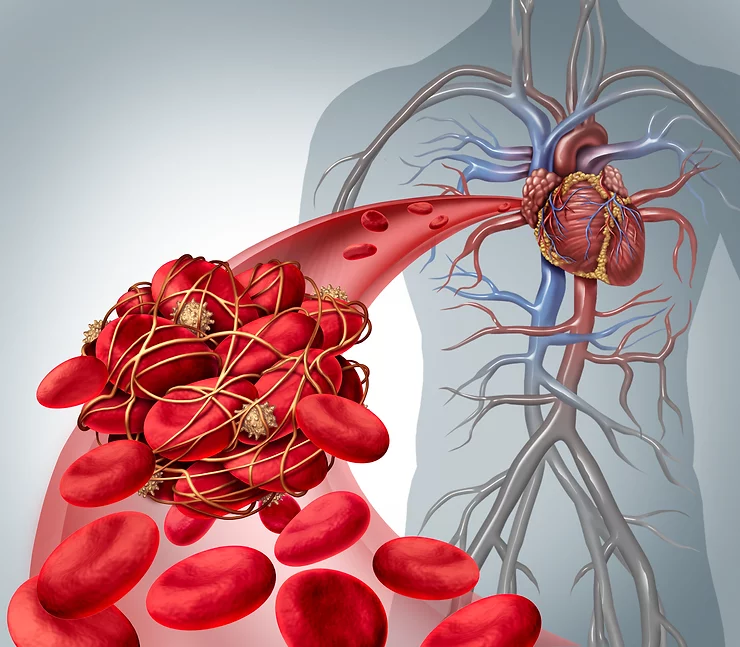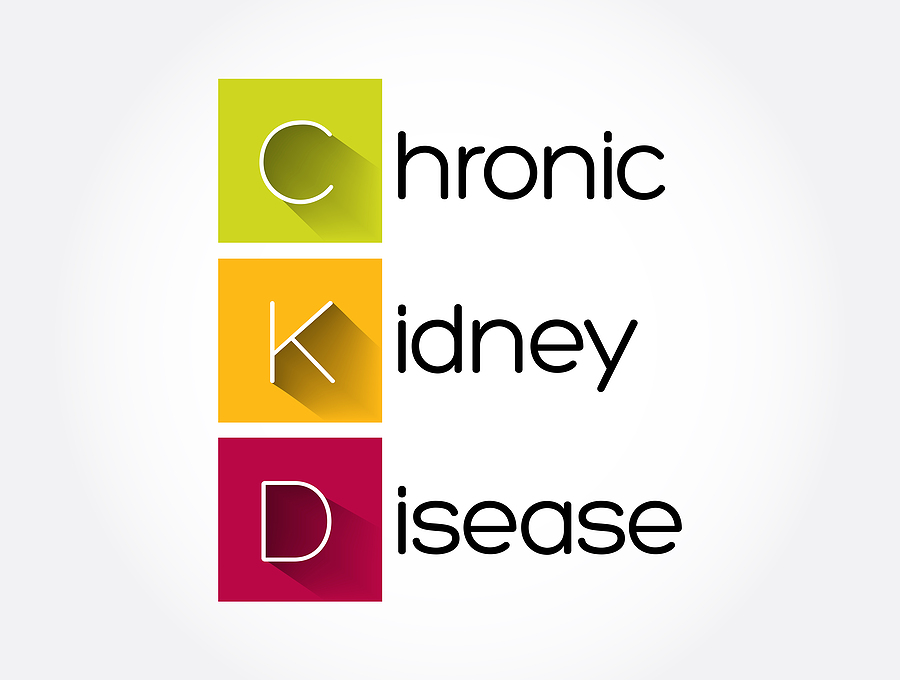This is a fictitious story about a pilot named Bill. The scenario that follows may sound familiar, but I assure you that I dreamt it up while I was drinking coffee and skimming the newspaper.
Bill is a 65-year-old part 91 pilot. He started flying when he was in his mid 20’s and has accumulated 2300 hours of General Aviation time in single engine aircraft. He has an equal number of take offs and landings and other than high blood pressure and some everyday aches and pains he feels like he is in good shape. He has a current class 3 medical certificate and a current biennial.
Over the past year, he occasionally has these strange sensations in his chest. He wouldn’t call it pain; it certainly isn’t anything like what the internet says about heart attacks. It feels like his heart will beat funny from time to time. It will beat very fast for a little while then slow down, then skip a beat, then speed up. The first few times this happened he was very worried; he even went to the ER once but by the time he got there it had stopped. The ER did an EKG and some blood work and said it was not a heart attack. He was so relieved, and even a little embarrassed, that he didn’t follow up with his Primary Care doctor as he was instructed.
After he was told that it wasn’t a heart attack, Bill just accepted these heart palpitations as a part of life and generally began ignoring them. It happened occasionally. Sometimes it would last for a few minutes, sometimes a few days, but it would always go away. Although he doesn’t think it’s a big deal, he is naturally a little worried about this next FAA physical.
Bill woke up this morning, with that same strange feeling in his chest, but it has become such a part of life that he almost doesn’t notice. The weather is perfect. The sky is clear with unlimited visibility. The air temp is 70 degrees F and the winds are light and variable to 3 knots. Bill desperately wants to go flying but he can’t stop thinking about that funny feeling in his chest. He thinks to himself, Bill, there are old pilots and there are bold pilots but there are no old, bold pilots. Instead of driving to the airport, he drives to his doctor’s office.
After a physical exam and an EKG, Bill’s doctor diagnoses him with a heart condition called atrial fibrillation, Afib for short. “Afib is the most common type of cardiac arrhythmia in aircrew”2 and can cause “heart palpitations, dizziness, shortness of breath, exercise intolerance, presyncope (lightheadedness), and syncope (passing out)”.2 But Afib also increases the risk of blood clots forming in the left side of the heart. If a blood clot does form it could leave the heart and travel through the vascular system to the brain resulting in a stroke. The exact symptoms of a stroke depend on which artery gets blocked and which part of the brain goes without oxygen. The take home point is that all of these symptoms (lightheadedness, passing out, stroke, etc) have a significant negative impact on the safety of flight. Imagine trying to safely land an aircraft with any of those things happening to you.
If Bill had gone flying instead of going to the doctor, he would have put himself and the public at risk. However, if Bill’s Afib is well controlled, and does not pose a safety risk, he could receive a special issuance from the FAA. A diagnosis of Afib will require a special issuance. 1 Obtaining a special issuance requires some administrative effort by the pilot but it is by no means impossible.
You can review the requirements for a special issuance here. It will tell you everything you will need to send the FAA in order for them to make a disposition.
As we discussed in our introductory post. The most common reason the FAA denies medical certificates is a failure to provide the requested information. With regards to Afib, we recommend you read and print off the requirements. Handing a physical copy to your cardiologist and primary care doctor will help them ensure you have everything the FAA will need.
We (Dan, Landon and Keith) are all current/former professional pilots. We understand that reading pages of medical requirements might be like translating hieroglyphics without the Rosetta Stone. That’s ok, all three of us have been there ourselves. If you need help navigating the process there are plenty of AME’s, and services that can help. As always, you are welcome to reach out to us directly if we can be of assistance.
References:
1. FAA. Guide for Aviation Medical Examiners. https://www.faa.gov/about/office_org/headquarters_offices/avs/offices/aam/ame/guide/. Published March 30, 2021. Accessed April 2, 2021.
2. Green N, Gaydos S, Hutchison E, Nicol E, eds. Handbook of Aviation and Space Medicine. Boca Raton, FL: CRC Press, Taylor & Francis Group; 2019.





